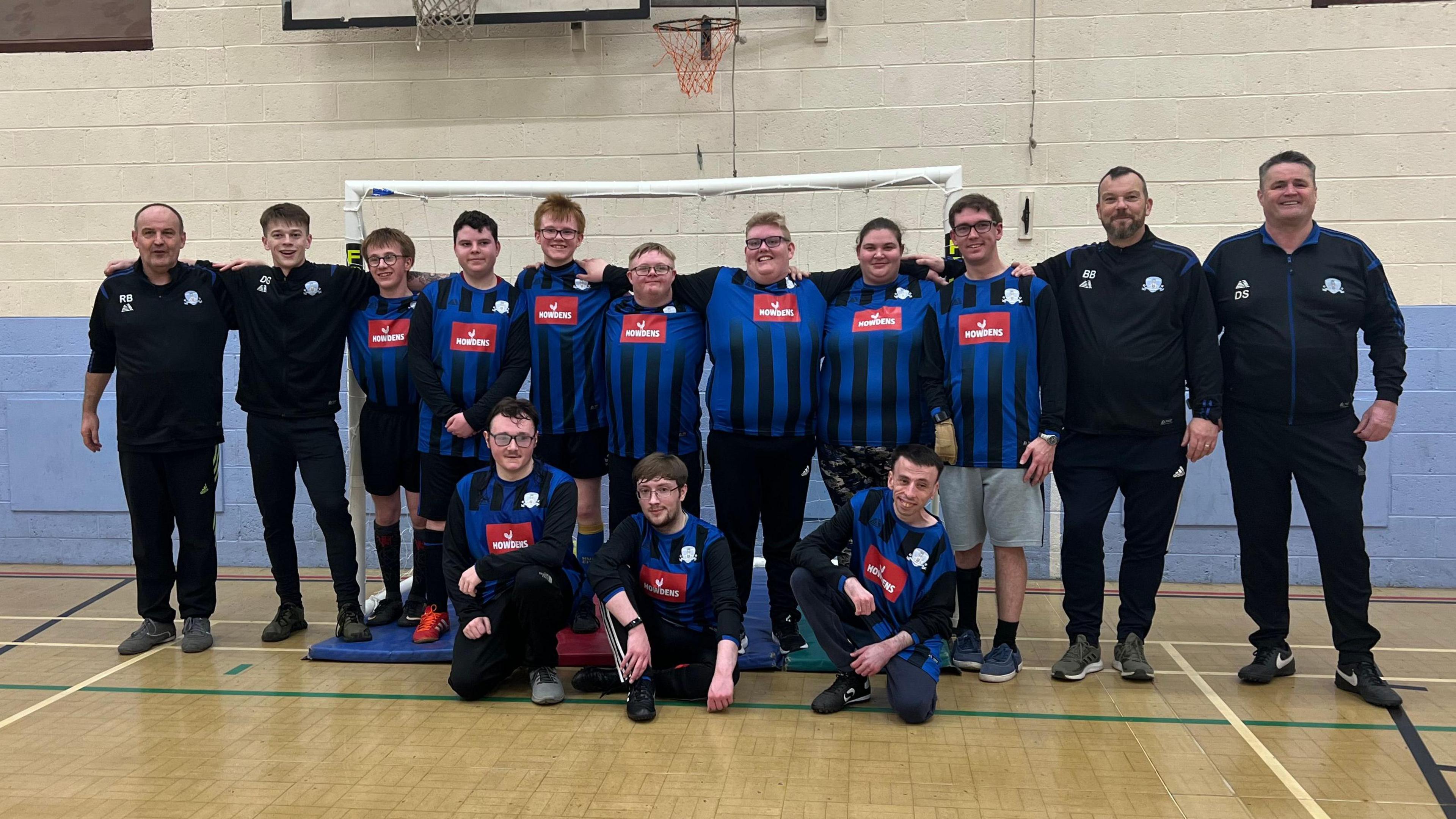How bowls has helped a family navigate grief
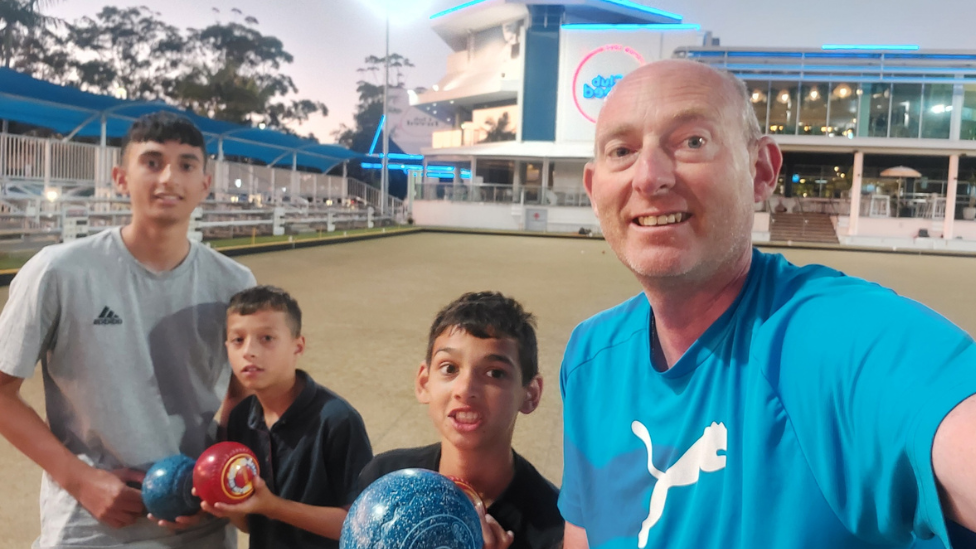
Dave (right) was taught to play bowls by his dad and passed his love for the sport to his three sons
- Published
A family has encouraged more people to play bowls after finding the sport helped them through their grief.
Disability Bowls England (DBE) will be coming to Watford, Hertfordshire, next month.
The Watford and District Bowling Association (WDBA) has organised a charity match to raise money and awareness of the sport.
Dave, whose wife died after an asthma attack, said bowls had been good for his son who has mild cerebral palsy and a learning disability.
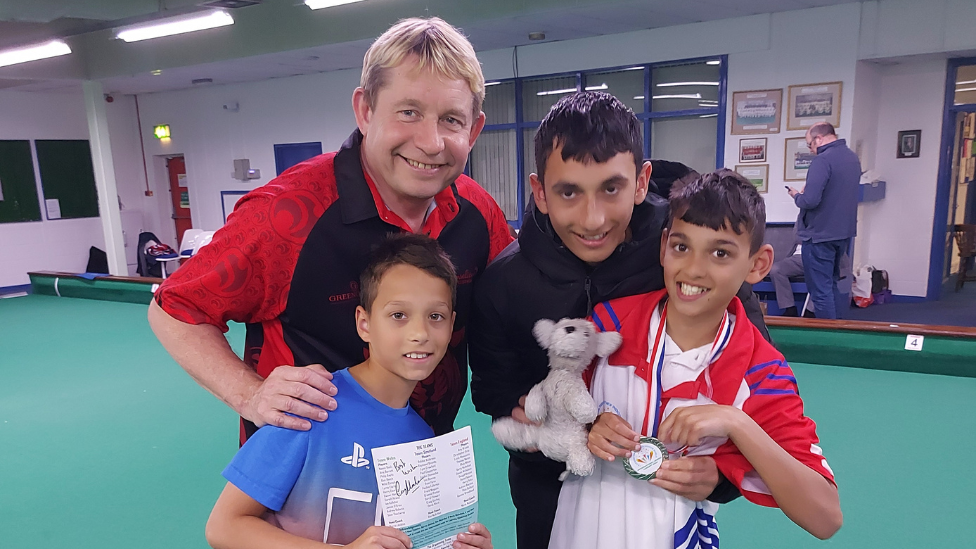
Thomas (right) joined Disability Bowls England in 2018
Dave, from Hatfield, was taught to play bowls by his dad and passed his love for the sport to his three sons, 12-year-old Jake, Thomas, 13, and Dylan, 16.
The 51-year-old said the inclusive nature of the sport meant they could all play, no matter their age or ability.
He added that the sport helped them when his wife died after an asthma attack.
Dave said: "When you go through something like that the worst thing is to be stuck indoors.
"Playing bowls meant socialising, getting outside, and exercising. I didn't have childcare so my children came with me and we all started to play."
'Poor funding'
Thomas, who has mild cerebral palsy and a learning disability, joined DBE in 2018 at about eight years old.
In the past, his disability made it difficult for him to play physically competitive sports like football.
His dad said: "In bowls, he is not excluded.
"He is always welcomed to games and he plays indoors or out. Everyone knows him and how happy he can be on the green.
"Bowls has helped him be included in sport, helped his confidence, helped him exercise and has helped his development since losing his mum at such a young age.
"He has come on a lot with the help of fellow bowlers in the community who have reached out to the whole family after that tragic day."
Dave said all three of his children played and enjoy the sport, but because of "poor funding" travel costs to matches could accumulate.
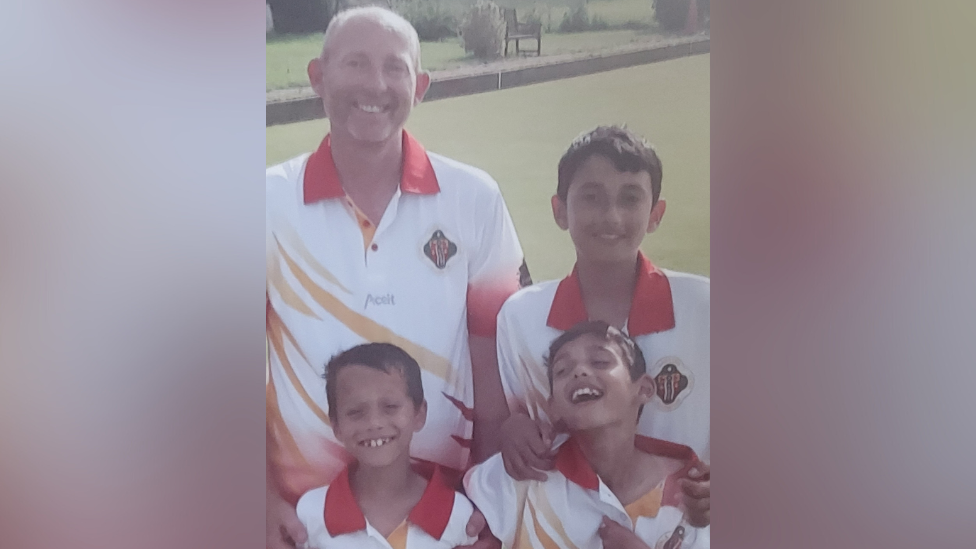
Dave said all three of his children played and enjoy the sport
DBE provides taster sessions for people to try bowling aids, special wheelchairs and equipment for people with mobility issues.
Judy Plater, from the charity, said: "Unfortunately our only sources of funding is from grants, legacies and donations - we receive no funding from any national governing body.
"That is why we are so grateful to clubs like Watford for organising events like this.
"Bowls is becoming more inclusive, but still has a long way to go in some quarters. It is a game for all ages and abilities, it is great for people on their own, there is always someone at the bowls club to chat to."
Simon Johnson, secretary of the WDBA, organised the charity match on 6 April to promote the inclusivity of bowls.
He said: "People rely on this as a sport, so we invited DBE to come and have a demonstration game to boost awareness.
"More funding is needed so players can take part in international competitions. If not, it could leave a lot people without sport.
"There will be a range of people playing and ages 13 through to 96. It keeps you mentally healthy and alert."
The DBE team for the match will include Craig Bowler - a triple amputee who won a bronze medal at the 2022 Commonwealth Games.
Sarah Marshall, a blind bowler who won the Visually Impaired World Singles at least twice, will also play.
Follow East of England news on Facebook, external, Instagram, external and X, external. Got a story? Email eastofenglandnews@bbc.co.uk, external or WhatsApp us on 0800 169 1830
More like this
- Published28 March 2024
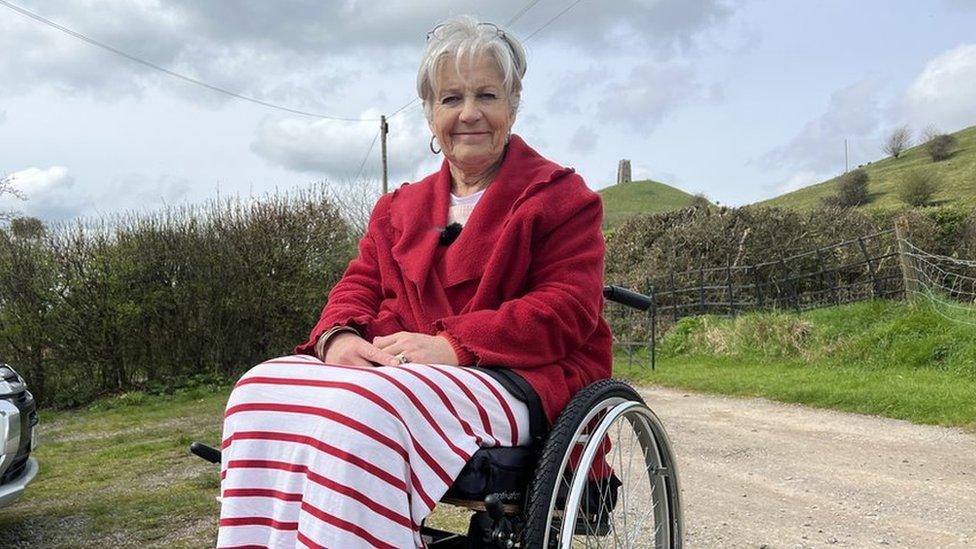
- Published28 March 2024
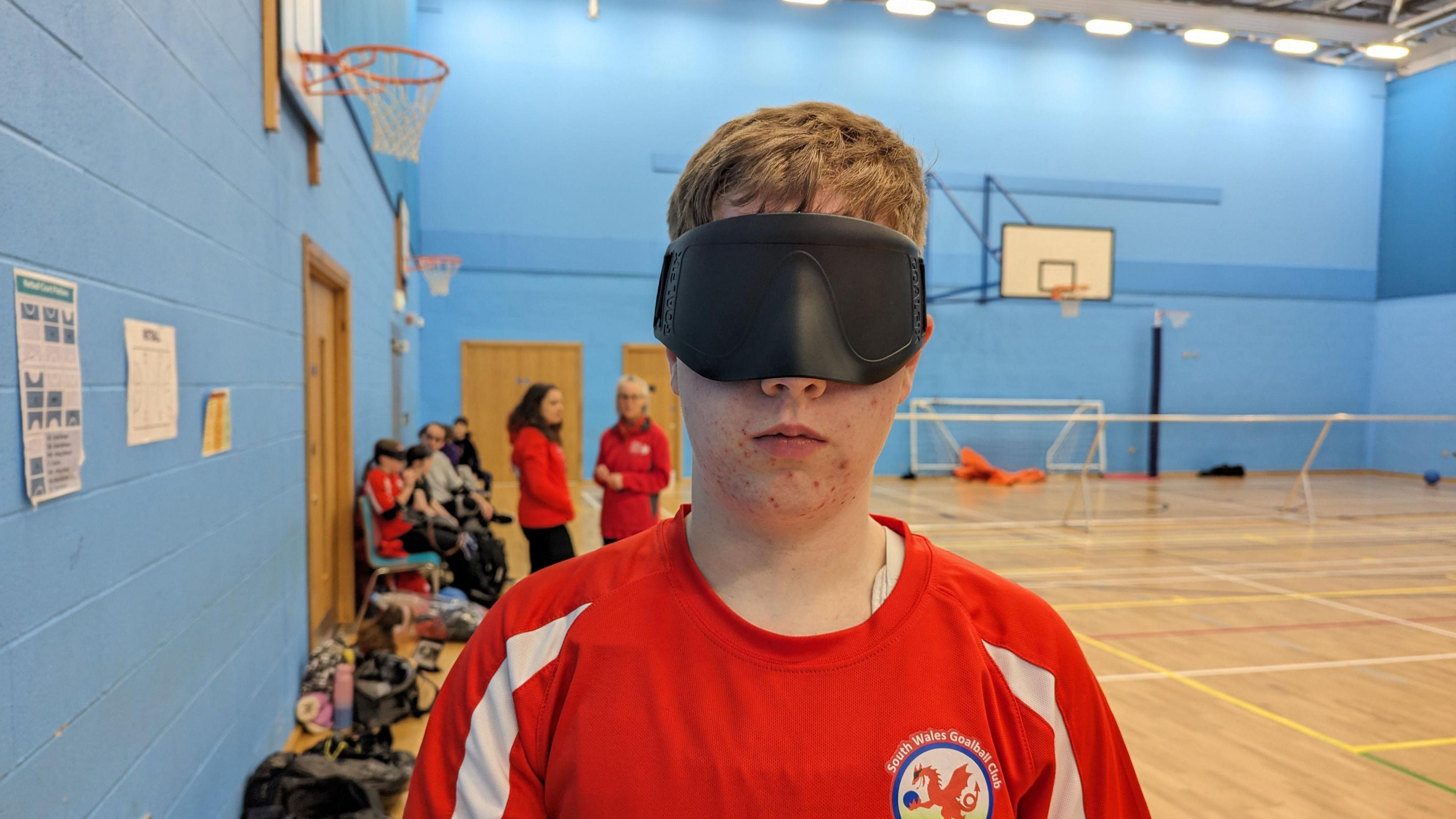
- Published25 March 2024
